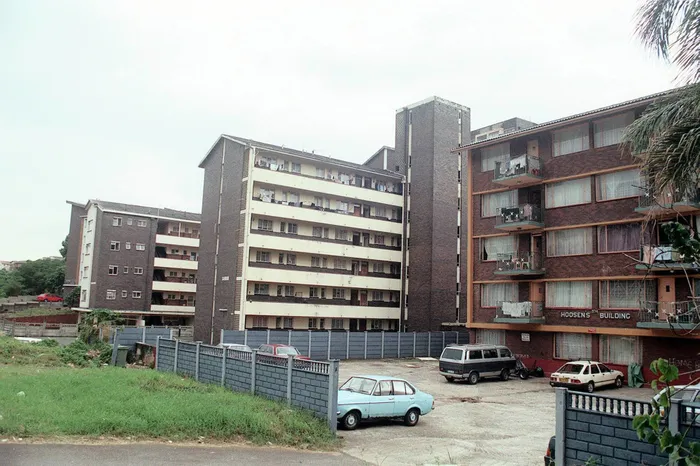Rental tribunal issues warning for landlords

It’s a case that will tug at anyone’s heartstrings: an underhanded landlord tries to evict an elderly widow and her family from the home she’d lived in for 51 years. As if that’s not enough, the same person then tries devious eviction methods with another family, from another of his properties in Salt River, Cape Town, and comes up short at the Rental Tribunal.
It’s a victory for the common man and a warning to landlords that if they want to evict tenants, they need to do so legally - and fairly.
GroundUp reports that the first family, 81-year-old Zubeida Hendricks, her son, his wife and two children, had lived on Goldsmith Street in the suburb for decades, but in January 2017, the landlord told her he wanted to maintain the property so she needed to vacate within a month. If she refused, she’d be evicted without notice - and at her cost.
In the second matter, the landlord tried to evict another vulnerable family: pensioners Omar and Faieza Salie had been living in a house on the same street as Hendricks for 36 years. Combined, the Salies’ pension amounts to R3600 a month.
They had never signed a rental agreement, but their rental increases were set at 10% annually for decades.
In 2015, however, the landlord hiked it by a whopping 25% and in January last year by a further 36% - after the regular annual 10% increase three months earlier.
They refused to pay this, so the landlord served a notice on them to vacate the property.
Both families were represented by the Ndifuna Ukwazi Law Centre, which took the landlord to the Western Cape Rental Housing Tribunal (RHT), where in the Hendricks matter he admitted that he was in fact trying to sell the property, hence the eviction attempt.
The tribunal ruled that the landlord’s notice constituted an unfair practice: there was no reference to any breach of the lease agreement, nor was he upfront about why the tenants needed to vacate.
In the Salie matter, the tribunal found that their rental increases were exorbitant - noting the state of disrepair and the lack of maintenance of the property - and unreasonable, since they were above the market average for the neighbourhood.
GroundUp notes that three similar cases from Salt River are expected to be ruled on by the tribunal in March.
The NGO has reported extensively about rampant gentrification in Woodstock and Salt River, where housing has become unaffordable for the original working-class residents.
Many are being pushed out to make way for upmarket shopping centres and housing developments. And rentals have rocketed, with ambitiously priced properties now on a par with upmarket areas in Cape Town’s Southern Suburbs.
The tribunal’s rulings offer hope to tenants across the country, such as Ravidy Stubbe. Her landlord is based overseas, but a rental agent manages the property and his tenant problems are left with his lawyer.
She writes: “It’s always (reported about) the problematic tenant, but what about when the landlord is unfair and breaks the law? Where does the tenant turn to, because in 99% of the cases the landlord has the money to take the tenant to the cleaners?”
She says her former landlord was suing her for three months’ rental when he terminated the lease pre-
maturely and without any reason.
“The property was inspected by his appointed agent on two visits and they found no damages or problems caused by us. This, only after being into the lease for five months, without him having to conduct any repairs or try to make amends to an amicable, working five-year contract.”
All rental payments were up to date, along with the utilities bills. “We received the last utilities bill from the rental agent at the end of December, all paid to date, as well as an exemplary outgoing inspection report and thank- you note for keeping and looking after the rental property so well.”
When he gave them three months’ notice to vacate the property at the end of February this year, no reason was provided. So Stubbe started looking for other accommodation: the only suitable housing she could find was for occupation in December (the lease was terminated in October last year).
“We have lodged with the RHT, all we can do is wait. In the meantime, with our hearts in our hands, and his lawyer down our throats
“He is now suing us and claiming three months’ rental, and his lawyer is threatening us with all kinds of legal action for breaking the law and getting an interdict for making contact with the landlord. This now boils down to preying on the weak from his lawyer, though we think that we have rights and recourse too.”
The good news is that tenants certainly do have rights and the tribunal is likely to take a dim view of such bullying by a landlord.
While both parties have rights and responsibilities, landlords and their agents cannot resort to illegal methods to drive out tenants.